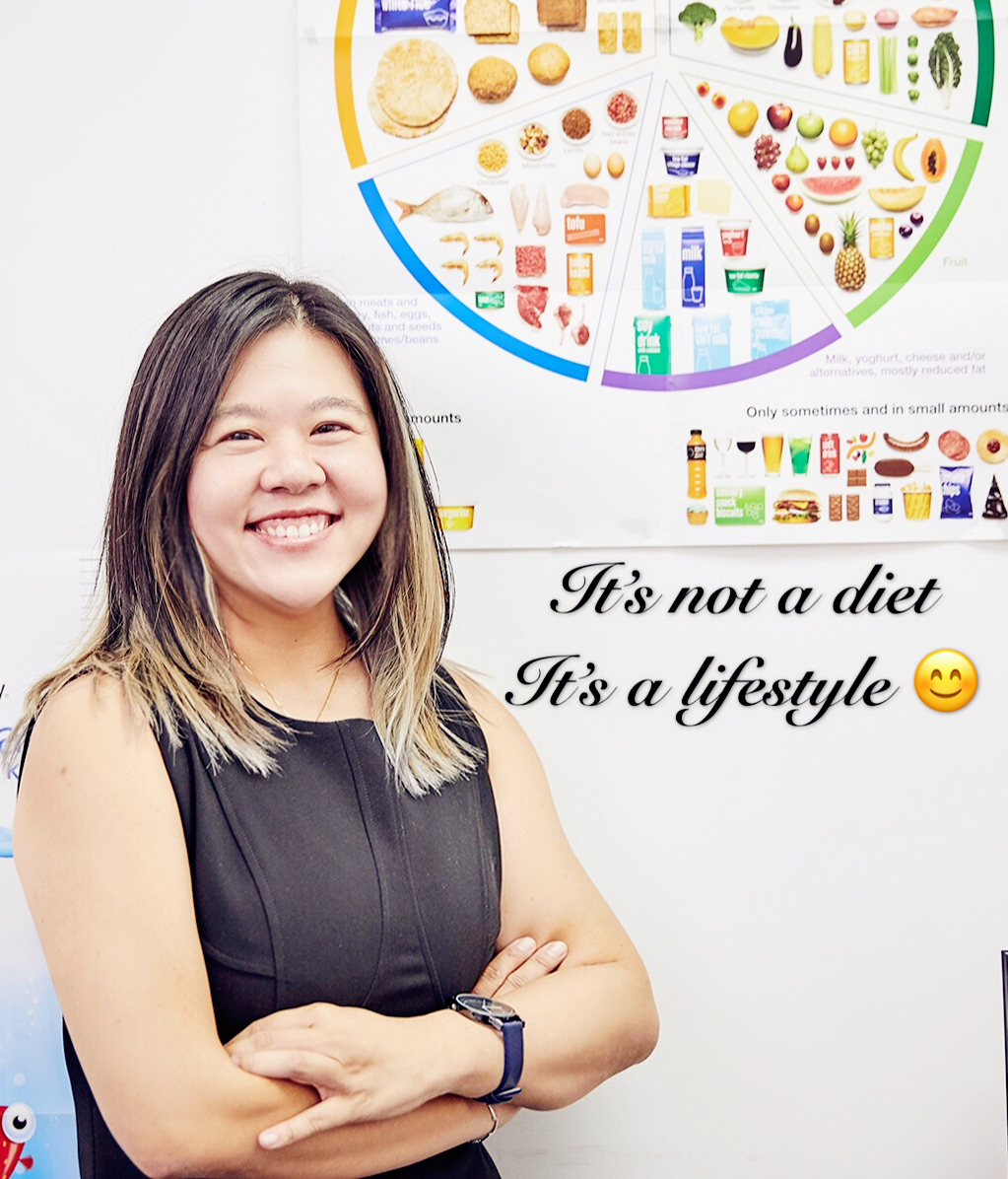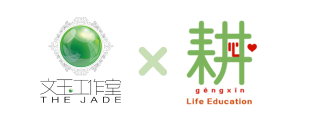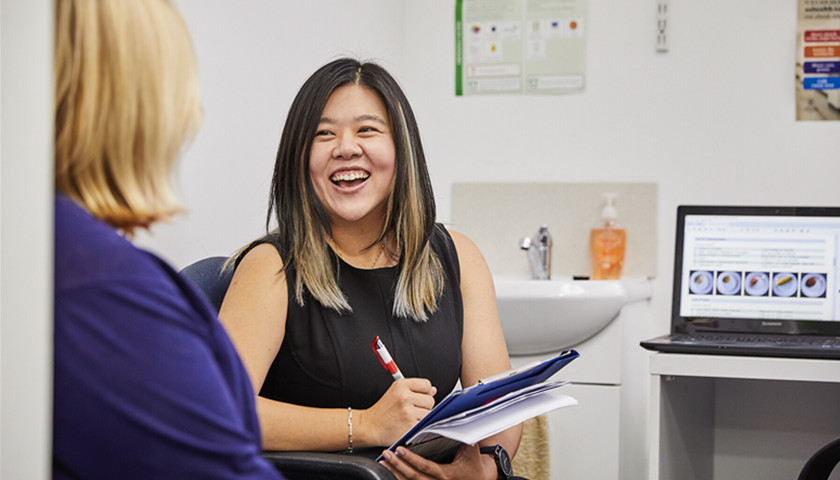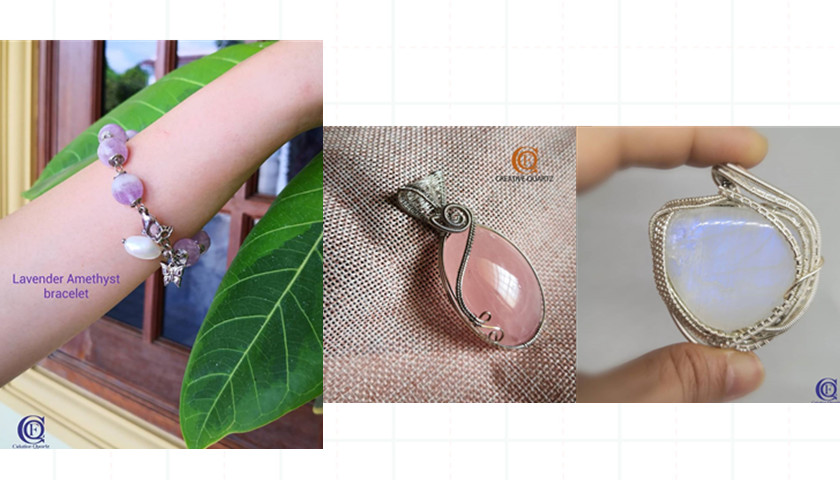by Myan CHAN
Special Guest: Adeline Wong
Director & Accredited Practising Dietitian at Nutri4life
Human health has been deeply affected by changes in social development and the environment, to an extent that the average age of patients of many diseases is getting younger. As a result, more dietitians are trained to respond to the needs of improving people’s health. The role of a dietitian is a combination of multiple identities, including a doctor, chef, counsellor, guardian, etc. They serve to help people to make the most of a healthy diet, with the principle of educating them on generating a healthy lifestyle in prevention of diseases, instead of prescribing medication as a cure after one has fallen sick.
Many would wonder: does a dietitian have the freedom to taste any food as they like? Are nutritious foods usually distasteful? Various questions may surface in one’s mind. In this issue of “Special Guests”, JadeMag invited an Australian registered Malaysian dietitian, Ms Adeline Wong, to provide her professional insights.
Nutritionist vs Dietitian
Some people are unaware that nutritionist and dietitian are two different professions. A nutritionist is a tertiary qualified nutrition professional who has the expertise to provide a range of evidence-based nutrition services in public health nutrition, policy and research, and community health. There is no industry specific assessing authority to assess the qualifications of nutritionists who are not dietitians. Dietitians are also qualified to provide similar evidence-based nutrition services, in addition to that, they have the expertise to provide individual dietary counselling, medical nutrition therapy, group dietary therapy and food service management. To become a qualified dietitian, one must undertake a course of study that includes substantial theory and go through supervised and assessed professional practice in the areas of clinical nutrition, medical nutrition therapy and food service management. According to Dietitian Association of Australia, a dietitian can be defined as “a person with a qualification in nutrition and dietetics recognised by national authority[s]. The dietitian applies the science of nutrition to the feeding and education of groups of people and individuals in health and disease.”
 Image: Photo by Brooke Lark on Unsplash
Image: Photo by Brooke Lark on Unsplash
From Pharmacist to Dietitian
The reason why Ms Adeline Wong chose the path of a dietitian is related to her days as a pharmacist. During her practice as a pharmacist in a community pharmacy, she came across many customers who suffered from chronic diseases, such as heart conditions, diabetes, arthritis, gastrointestinal issues and indigestion. Despite multiple medication combinations or dosage increase to manage their medical conditions, the patients continuously suffer from multiple discomfort which impacted their daily activities and led to reduced life quality. Additionally, there were also occasions where people would ask her what type of food is best for certain medical conditions, and what should be best avoided if one is under certain medication. From there, she realised that there is a knowledge or education gap in the community regarding healthy eating or health management.
Yet, Adeline does not see any differences with her changed role from a pharmacist to a dietitian. Instead, she perceived herself bridging a gap by connecting both professions and knowledge to help people in managing their health. She is aware that her purpose is to connect, support and empower people in achieving better quality of life through educating them about healthy eating. Besides, Adeline is a foodie, naturally, dietitian became her second preference in course selection in university. Now that she has gained experience in both of her favourite professions, she is capable of offering more support to those who are in need.
 Image: Photo by Brooke Lark on Unsplash
Image: Photo by Brooke Lark on Unsplash
As a dietitian, the most frequent questions she gets are, “Are you telling me that I can’t have all the junk food, such as chocolate, desserts, ice cream, etc.? You are going to suggest rabbit food, for example salad, right?” Adeline explains that most people only associate the role of a dietitian with weight loss. She thinks that is a big misconception, and she personally dislikes using the statement “you can’t have” with her patients. However, a dietitian actually plays a major role in ensuring adequate nutrition intake to manage medical conditions, such as diabetes, chronic obstructive airway disease, osteoporosis, irritable bowel syndrome, malnutrition, cancer management and more.
In the past, Adeline’s job as a pharmacist was more towards providing diagnosis and treatment. Her patients would expect to see symptomatic improvement within a short time frame. If there is anything more severe or complicated, they would be referred to a doctor. A pharmacist also plays an important role in counselling and educating people regarding disease management through pharmacotherapy, which is the use of medicine.
 Image: Photo by Tomasz Woźniak on Unsplash
Image: Photo by Tomasz Woźniak on Unsplash
On the contrary, her current responsibility as a dietitian is to provide nutrition consultation. Most people understand the need to make dietary changes as an effort to improve their health. In order to make sustainable changes, they need knowledge and continuous support. To achieve that, there can be a combination of different approaches, which are individualised according to the needs, health and medical conditions and also lifestyle of the patient. “I would say it’s more of a lifestyle management which focuses on nutrition. It’s also a preventative measure to reduce the risk of developing certain medical conditions or prevent further complications,” Adeline explains by adding that dietitians offer neither a quick fix nor a magic pill.
Adeline believes that prevention is better than cure as certain chronic diseases can be prevented by practising healthy eating and lifestyle. “I believe that no one would want to suffer from any medical discomfort. Therefore, even the slightest adjustment in lifestyle is always better than not making any changes at all, regardless of your current health condition. Nothing changes if nothing changes,” Adeline explained.
 Image: Photo by kike vega on Unsplash
Image: Photo by kike vega on Unsplash
Defining Healthy Diet
As food preferences vary from one individual to another, what is deemed delicious or distasteful to one person might not receive the same review from another person. Adeline’s brilliant solution to satisfying her clients’ varied needs is recipe modification, in the meantime maintaining or improving the nutrition level in the recipes. She also added that frequency and quantity of consumption also play a part in healthy diet. To her, “healthy diet” should not be defined as clean eating or restrictive diet. If a person feels miserable and is unable to sustain an eating pattern, his or her diet is not considered healthy. She defined healthy eating as a balanced eating pattern that suits her clients and their family, which take into consideration their personal preferences, culture, budget, preparation time, cooking skills, kitchenware, ingredients availability, and most importantly, sustainability of the lifestyle. Adeline and her team have always tried to ensure adequate nutrition intake of her clients from core food groups that they consume. Meanwhile, she will also include a small intake of indulgent food for enjoyment occasionally.
 Image: Photo by Brooke Lark on Unsplash
Image: Photo by Brooke Lark on Unsplash
Challenges and Satisfaction
It is common for people to feel reluctant to consult a dietitian due to their misconception of a dietitian’s role. “I understand that seeing a dietitian and revealing one’s food intake can be a daunting task. The fear of being judged is also one of the factors,” shared by Adeline. In order to encourage more people to improve and optimise their nutrition intake with her, Adeline and her clients work together to form a non-judgemental environment where they practice open and honest communication. Many people have basic knowledge in ways to improve their health, but they require additional support and information to make changes. “My role as a dietitian is like a GPS, I need to provide continuous guidance, support and information to help them to get to their destination of improved health,” she gave an analogy.
Adeline finds fulfilment in what she does every day. To her, the smile on her clients’ face resulted from their improved life quality is her biggest reward. A warm hug from her client, heartfelt messages that express gratefulness, and the expression of their confidence and competence in maintaining a healthy lifestyle all add sense of accomplishment to her daily life. There are many more moments that she feels thankful for, as she is able to support them with her professional knowledge. These are the reasons that keep her motivated in doing what she loves despite the many challenges that lie ahead.
The working life of a dietitian is not filled with sunshine and rainbows every single day. Individual readiness to make changes is the key factor in making a successful and sustainable change, but not everyone is equipped with such kind of readiness. When a person is not ready to commit in making dietary changes due to multiple factors, such as stress, environmental and financial status, emotional health and so on, it will make Adeline’s work challenging. In order to overcome this problem, Adeline works closely with her clients by assessing their stages of change and review what is appropriate to be done at different stages. She constantly motivates them to take the first step, regardless how small it is, to make sure they start making changes. She also explains that setting S.M.A.R.T goals is a crucial step.
 Image: Provided by interviewee
Image: Provided by interviewee
The passionate practitioner is keen to establish healthy diet awareness among the people, and her effort begins with her clients. She wishes to empower her clients, so that they can spread their knowledge with family and friends through communication and actions, which is their healthy lifestyle. In the future, NUTRI4Life aims to produce more videos and resources to be shared on their social media accounts to disseminate nutrition information to the public. Other initiatives that the company plans to implement to increase public awareness include efforts in strategic planning on time and cost, as well as collaborations with relevant organisations. “We will start on a small scale and progress steadily every day. We believe baby steps will lead us to where we intend to reach,” said Adeline who is highly motivated by her aspirations.
The existence of dietitians has helped to increase people’s awareness of nutritional intake. Maintaining good health is an important task in taking care of one’s body. Instead of relying on medication in the future, it is better to start developing good eating habits as a prevention of illnesses. Never hesitate to consult a professional dietitian when necessary!
Reference:
https://daa.asn.au/what-dietitans-do/dietitian-or-nutritionist/




